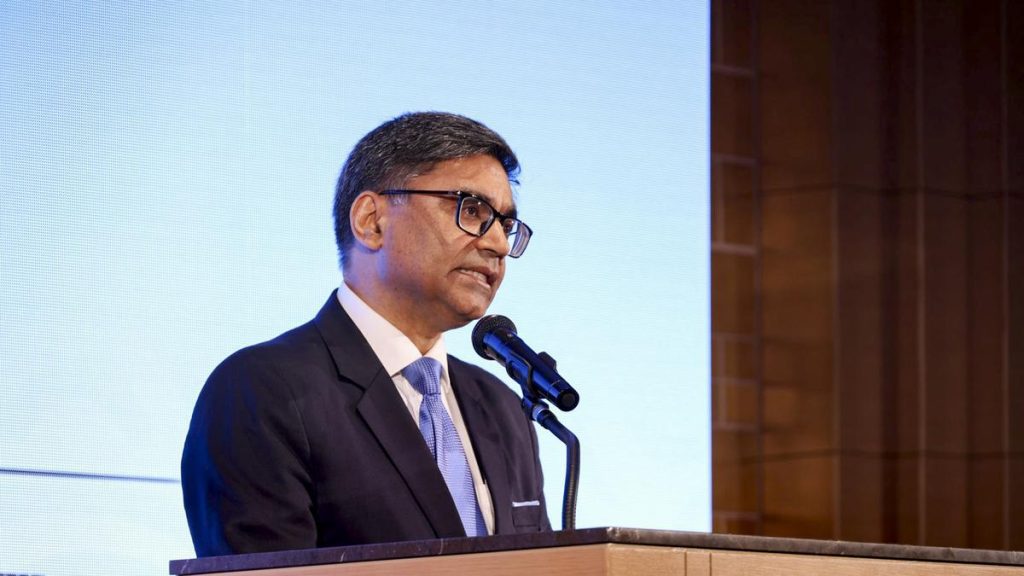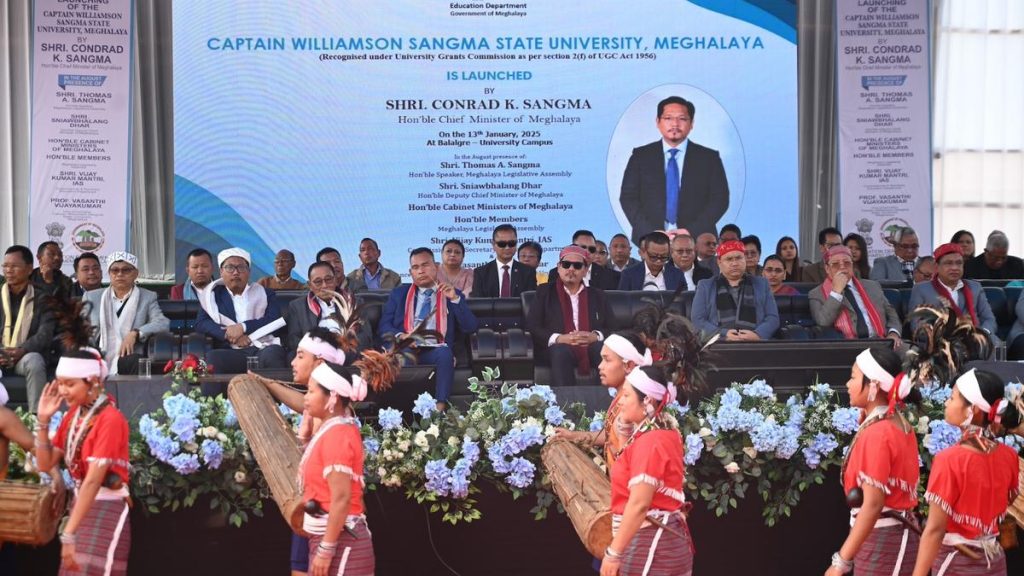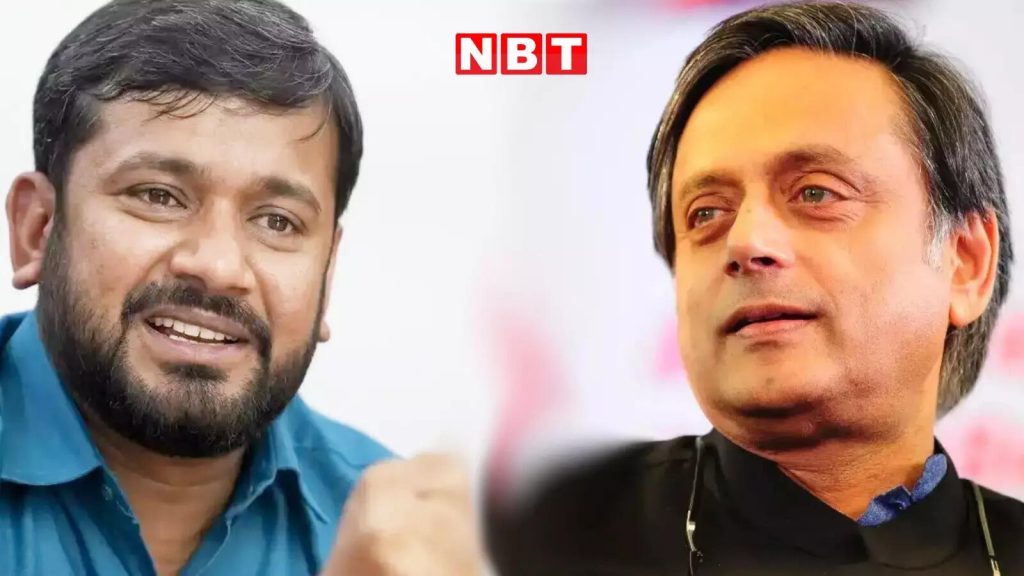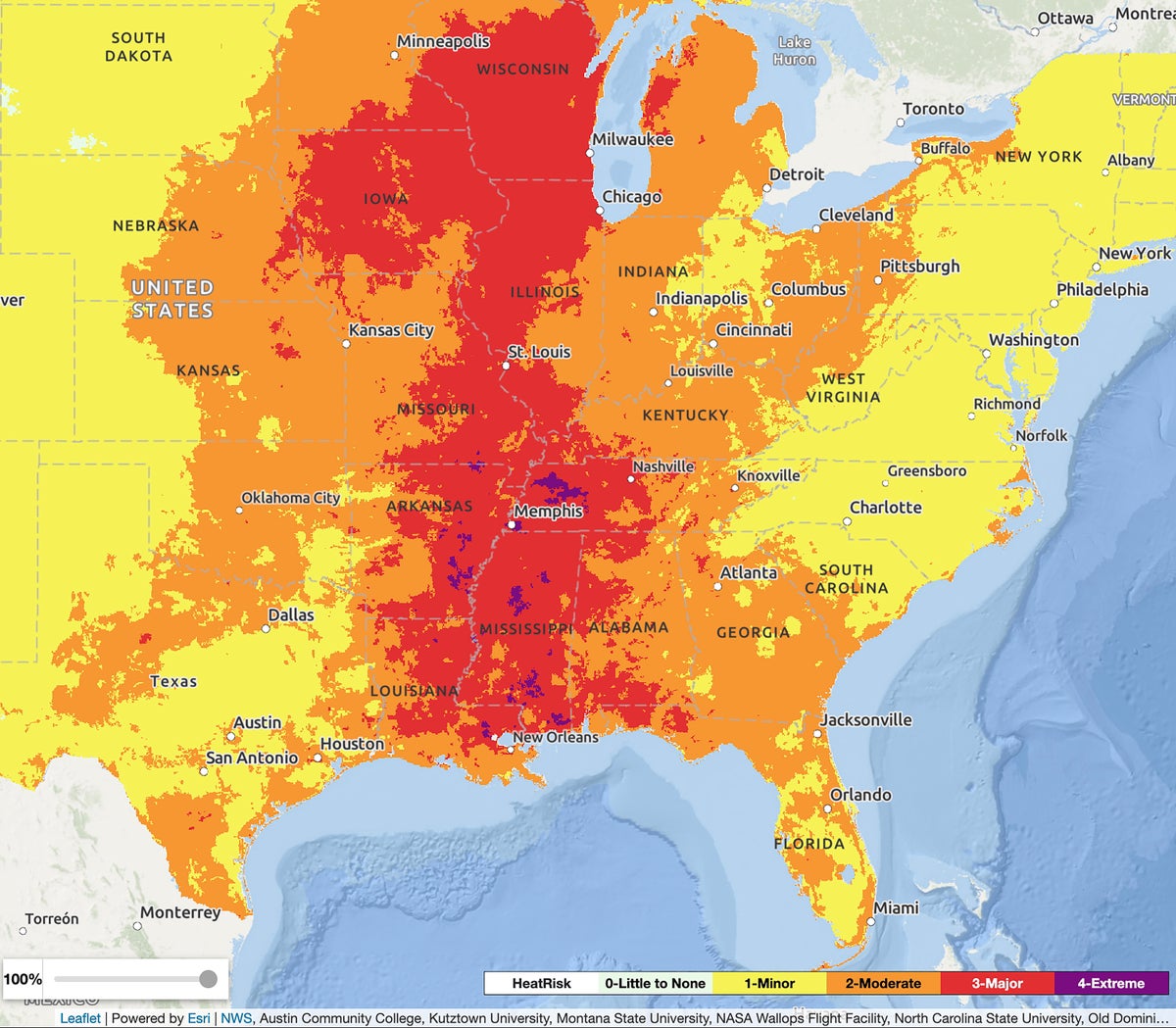Now Reading: Test Your Wits with Puzzles from the International Logic Olympiad
-
01
Test Your Wits with Puzzles from the International Logic Olympiad
Test Your Wits with Puzzles from the International Logic Olympiad
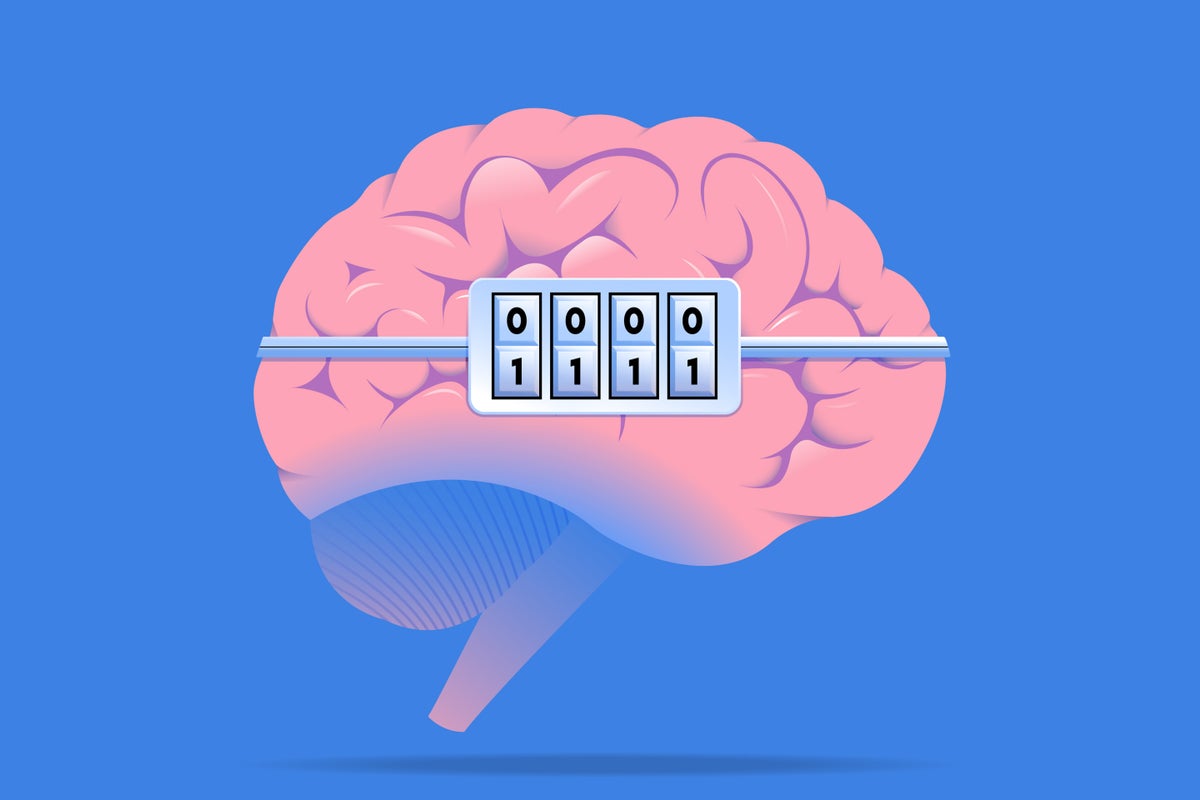
Quick Summary
- The International Logic Olympiad (ILO), now in its second year, held its final rounds at Stanford University, featuring 36 high school finalists from over 90 countries.
- Participants formed teams of two to four and competed by solving complex logic puzzles and games. The winners were a team of four 11th-graders-Luke Song, Zixuan Yin, Kingston Zhang, and Max Yang-who attributed their success to teamwork and friendships.
- Michael Genesereth, a Stanford logician behind the competition’s creation with nonprofit Luminas, emphasized how logic underpins decision-making across diverse fields like medicine and law.
- Winners predominantly had interests in STEM fields; however, one team member expressed plans to pursue political science while acknowledging that logical thinking would aid policy-making endeavours.
- Challenges included collaborative puzzles like “Nations,” grid-based reasoning problems like “Friends,” safe-cracking scenarios requiring minimal combinations for success, Sudoku challenges under time constraints, and quiz-type exercises.
Images provided:
- Illustration of a brain with code lock (Moor Studio/Getty Images).
- Tables representing mathematical logic used during the ILO event.
- Additional grid-based puzzle diagrams related to tournament challenges.
Indian Opinion Analysis
The International Logic Olympiad successfully highlights the global importance of cultivating logical reasoning skills among students-a growing necessity in an era dominated by rapidly evolving technology and complex societal problems. From India’s perspective:
Participating initiatives like Luminas could inspire similar programs tailored for Indian educational priorities-bridging theoretical problem-solving with real-world application across sectors such as politics or engineering. Moreover foundational benefits extended foreshadow sharpening responsible inter-generational dependency-test breakable reparatively-advisो


